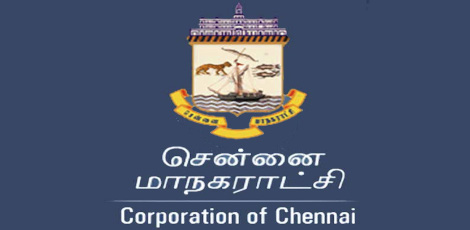By this AI based system, Chennai city would be better prepared for the floods
Posted on: 15/Sep/2018 9:44:58 AM

The month of December in the year 2015 would not be easily forgotten by the residents of Chennai city. The sliding gates of Chembarambakkam reservoir were opened and this led to heavy floods in Chennai city and it affected the lives of many people.
The superb piece of news that has come out now is in this monsoon due to AI or artificial intelligence based system, the city of Chennai would be better prepared for the floods. Flooding could be predicted 5 days to a week in advance by Chennai Flood Warning System or C-Flows. Soon this AI would be tested. This AI based system was developed by National Centre for Coastal Research or NCCR scientists. This system would be highly beneficial as it would give enough time for the authorities to plan evacuation of the people. It is superb to mention that this GIS based decision support system would be able to predict flooding in any locality, ward, street, building in Chennai along with the evacuation routes.
It is now revealed that to run this model the scientists would be requiring data on weather, surge and tide prediction, hydrology condition plus water levels and discharge from rivers and reservoirs etc. Other details like topography including elevation, drainage condition and moisture would also be needed.
Mr. M. V. Ramanamurthy, NCCR director, spoke about how in 30 minutes to hour the authorities would be able to get output in the form of maps, texts and numbers and in 3D visual formats. Memorandum of Understanding or MoU would be signed between the state government and NCCR and C-Flows would be operated in test mode in the northeast monsoon. He also added that the prediction from the system would be validated with the data collected from the field work.
He explained the importance of C-Flows and spoke about how it has got database of more than 700 flood situations based on rainfall for different return periods, tidal conditions etc. He later spoke about how the system would pick the most relevant situation when data on weather forecast and tide is fed to it. To stimulate the ground situation based on the actual datasets from IMD and NCMRWF, INCOIS, inundation models would also run on a real time basis.
He further explained how the elevation in Chennai is less when compared to other cities like Bengaluru and Goa. This is an issue as the water would not be able to drain into the sea fast. Flooding takes place during the heavy rains as the water cannot evaporate. He also threw light on the fact that high precipitation coupled with the release of water from the reservoirs makes Chennai city vulnerable to the floods.
It is worthy to note that C-Flows is a culmination of project and it was started by the office of the principal scientific advisor to the centre and other institutes such as IITB, IITM, IRS-Anna University, NCMRWF and IMD. In the next year, C-Flows would be made operational along with the government of Tamil Nadu.







